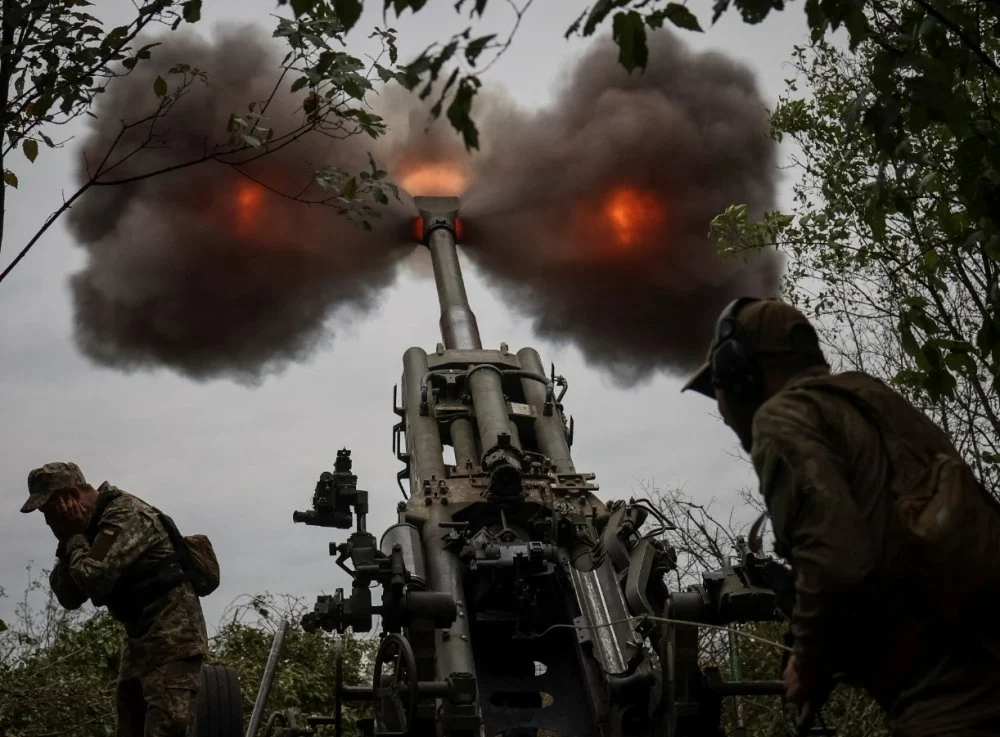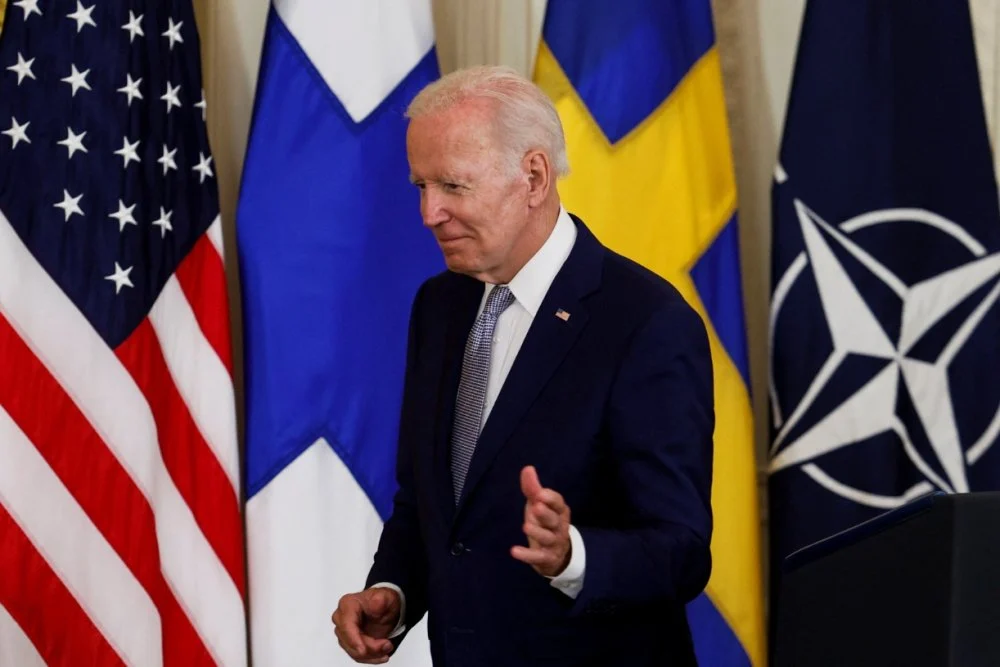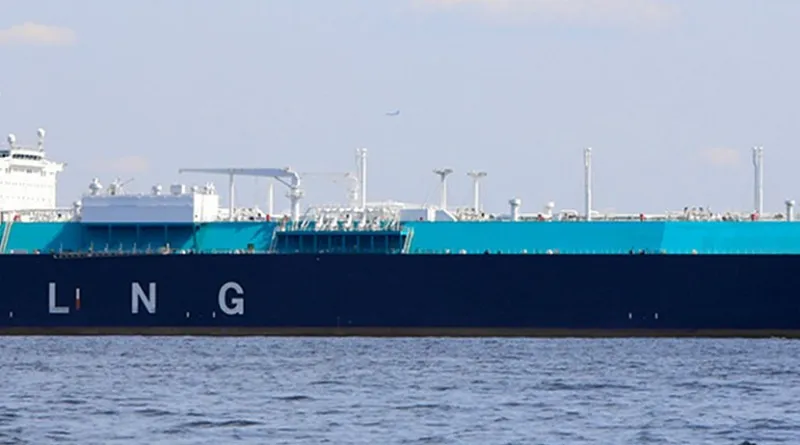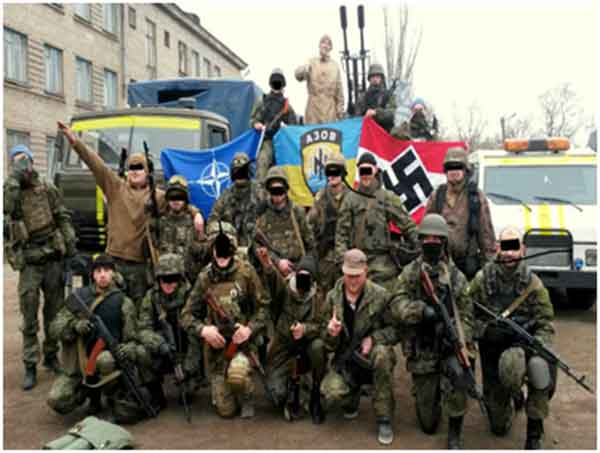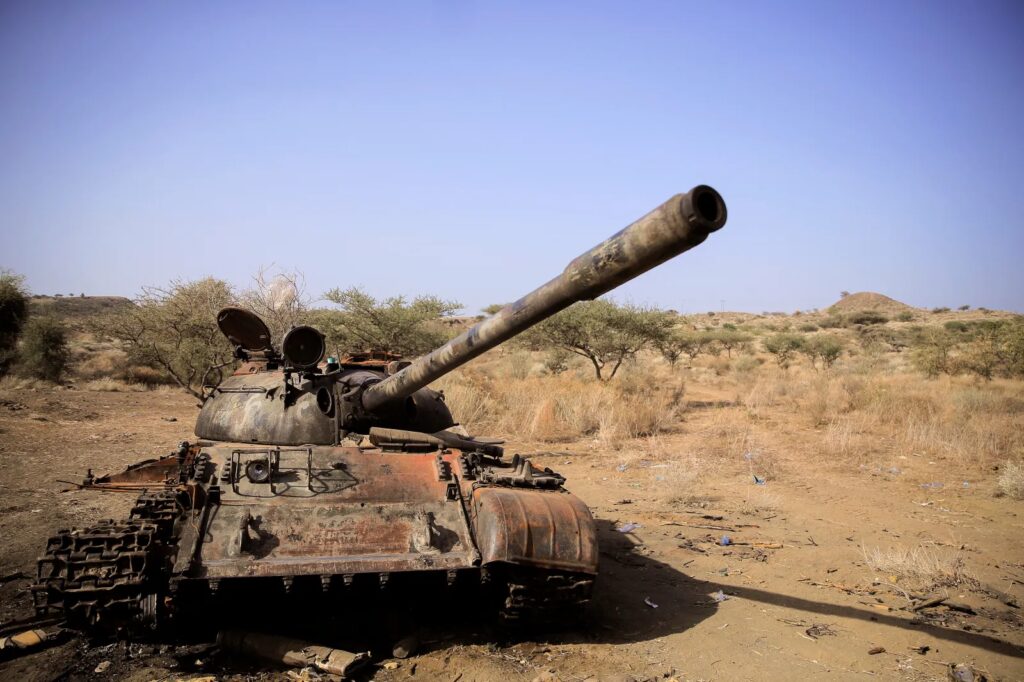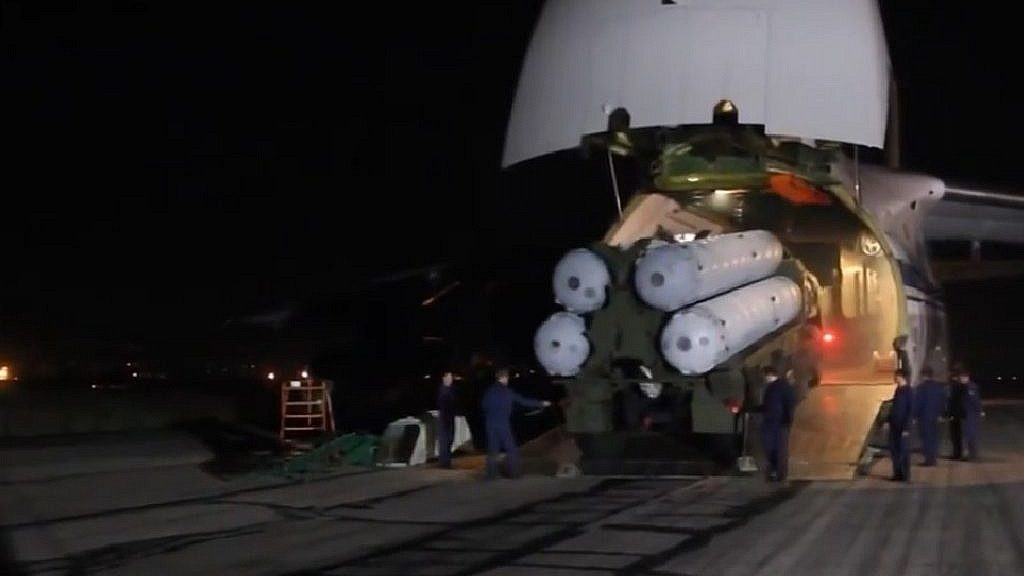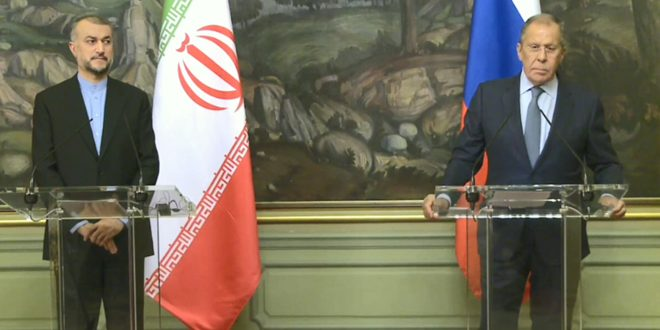Russia may not survive Putin’s disastrous decision to invade Ukraine
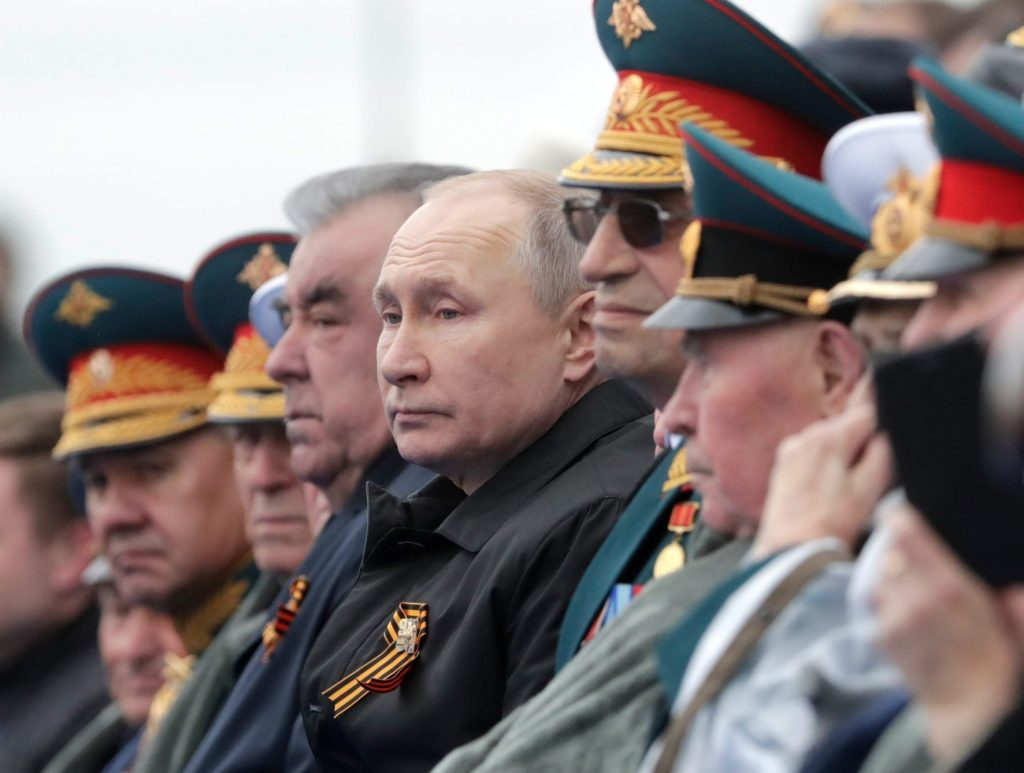
Russia’s war in Ukraine has demonstrated that the Kremlin does not respect the fundamentals of international law or the sanctity of international borders. This imperialistic foreign policy may soon rebound on Russia itself. Russia’s territorial integrity looks set to become increasingly disputed by the country’s numerous internal republics and regions as the disastrous invasion of Ukraine serves as a catalyst for imperial collapse.


